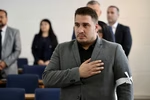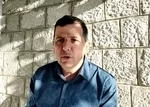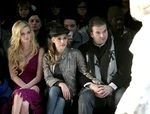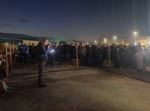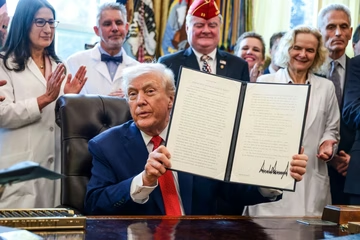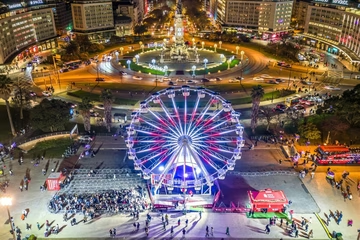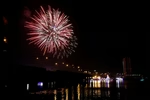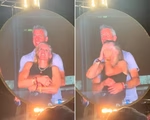Bosnian Serbs mark 29 anniversary of Dobrovoljacka Street incident
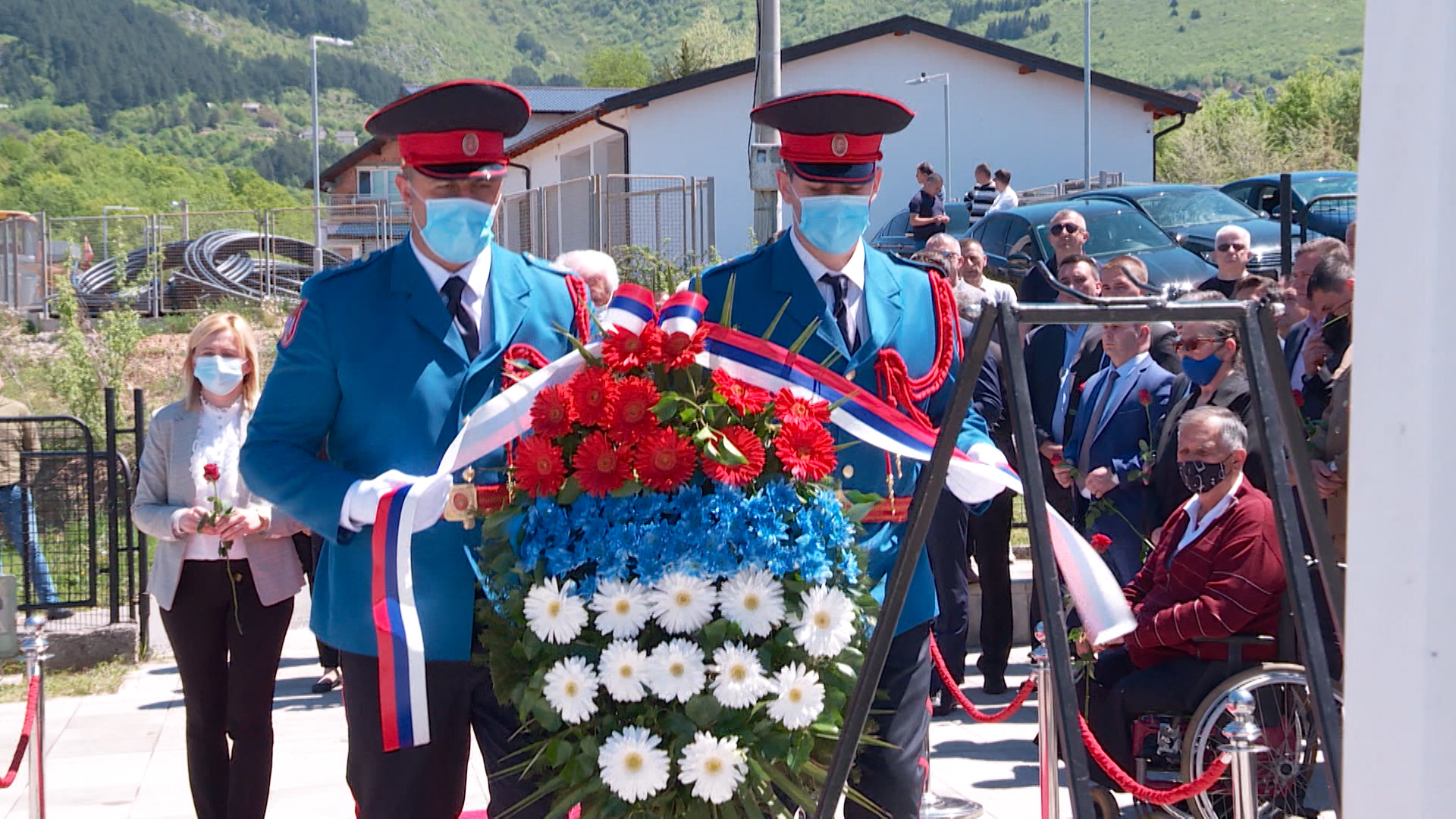
Officials and families gathered on Monday in the East Sarajevo settlement Miljevici to mark the 29th anniversary of the death of the Yugoslav People's Army (JNA) soldiers from an incident in Sarajevo central street Dobrovoljacka.
Oglas
They laid wreaths and attended a religious ceremony for the dead at the memorial site in Miljevici.
“For those who survived, well, we survived thanks to God. But it is a disgrace that nobody was held responsible for the death of soldiers and officers,” said Danilo Beribaka, one of the survivors.
According to the Interior Ministry of Bosnia's Serb-majority region Republika Srpska, eight soldiers and officers were killed on May 2nd and 3rd, 1992, while the total of 42 JNA members was killed at the end of April and the beginning of May that year.
But, Serbs and Bosniaks have conflicting narratives about the clash on May 3, 1992, the day when the JNA soldiers were to leave the Sarajevo barracks where they were stationed.
The departure of the JNA convoy was agreed in exchange for the release of the President of Bosnia and Herzegovina, Alija Izetbegovic, who had been detained earlier by the JNA. However, as the departing convoy was passing the Dobrovoljacka Street, skirmishes between the JNA and Bosnian Army units occurred, which, according to the Bosnian Prosecutor's Office led to 7 killed and 14 injured.
The Serbian Prosecutor’s Office for War Crimes took the Dobrovoljacka case from the Belgrade Military Court in 1992, which charged 19 Bosnian citizens for the attack on the barracks on May 2 and 3, in which, according to the Belgrade prosecution, 42 JNA members were killed.
The Bosnian Prosecutor's Office had halted the investigation into the Dobrovoljacka Street case in 2012. The former Hague Tribunal which later investigated the event established that the JNA convoy was a legitimate military target and decided not to press any charges.
Speaker of the Republika Srpska entity parliament, Nedeljko Cubrilovic, said earlier that the Bosnian Constitutional Court accepted on January 17, 2018, the motions by family members of two JNA soldiers who died in the 1992 incident in former Dobrovoljacka street but that it remains unclear if the Bosnian Prosecutor's Office took any steps since then.
“Despite the Constitutional Court's decision and the Criminal Code of this country, the Prosecutor's Office of BiH, remains silent to the war crime against innocent soldiers in the 1992 withdrawal until today. Such selective justice and attempts to make one people responsible for the horrors of war in this country, with the decisions of the Court of BiH and indictments of Prosecutor's Office of BiH, make the coexistence impossible,” Cubrilovic said on Monday.
Kakvo je tvoje mišljenje o ovome?
Učestvuj u diskusiji ili pročitaj komentare
Oglas
Kakvo je tvoje mišljenje o ovome?
Učestvuj u diskusiji ili pročitaj komentare
Oglas





 Srbija
Srbija
 Hrvatska
Hrvatska
 Slovenija
Slovenija











